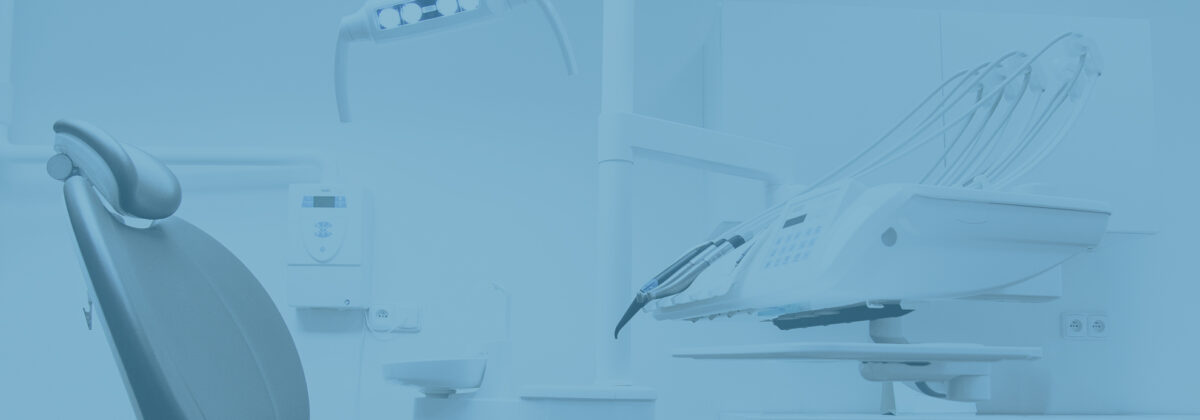
Gum disease, in its early stages, is called gingivitis. It can be hard to spot, as it is not always painful. There are some signs that you should look out for:
You can treat gingivitis by:
If gingivitis is left unaddressed, it may lead to a more severe form of gum disease called periodontitis. This is where the tissues and bone that hold the teeth in place become damaged. Symptoms include:
If you notice any of the above symptoms, see your dentist. You may need professional cleaning, a hydrogen peroxide rinse or a course of antibiotics.
Acute Necrotising Ulcerative Gingivitis is a rare condition, characterised by:
At this stage, it is important to seek medical advice, as periodontitis is often caused by an impaired immune system. You may need a surgical procedure, such as:
Your dentist owes you a professional duty of care to spot any symptoms of gum disease and fully advise you of preventative action and treatment options. If you feel your dentist has failed in their duties and caused or worsened your condition, please call us on 0800 1583 869 or submit an enquiry by email and our solicitors can advise you of your rights and compensation for injury and treatment costs.